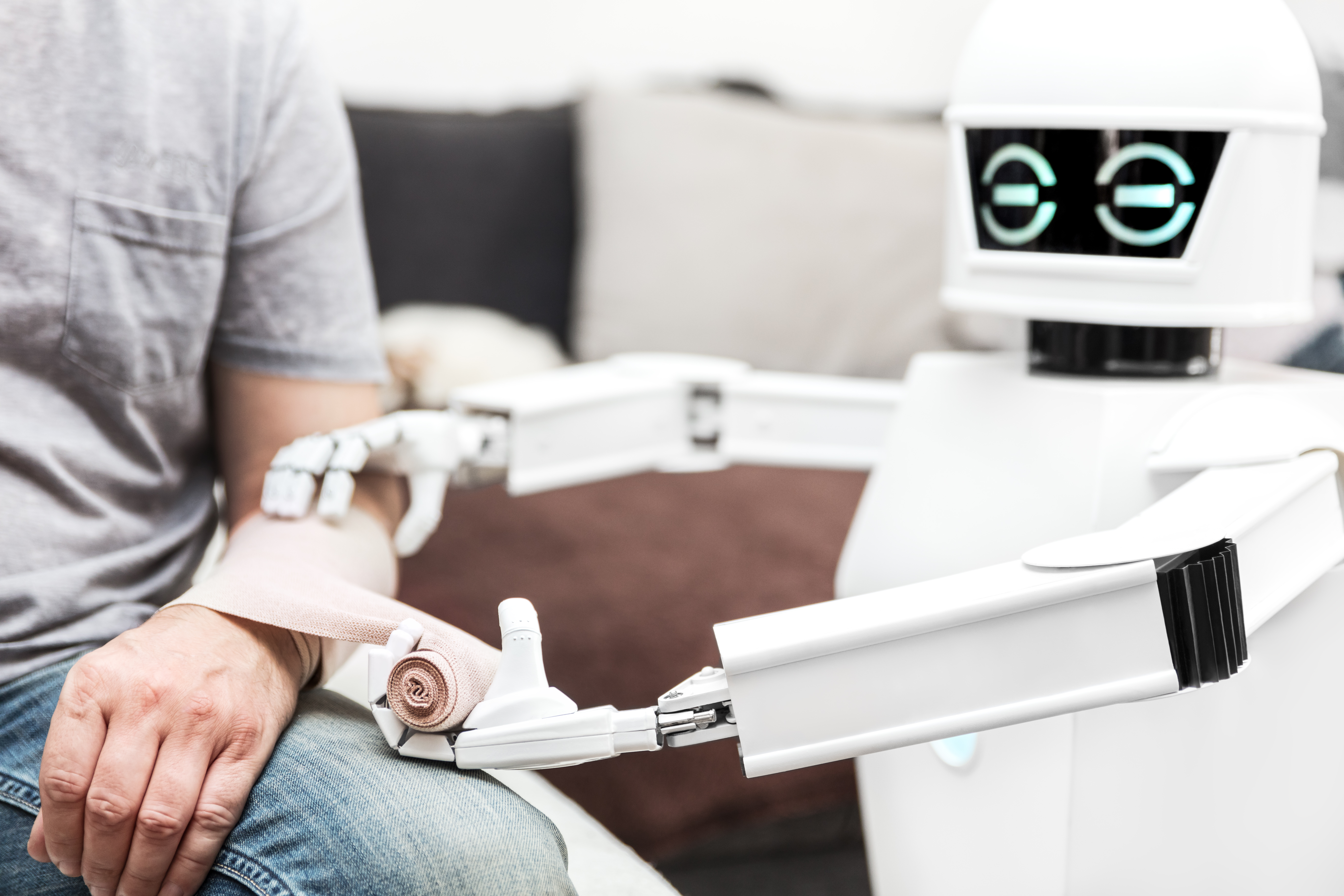
In another sign of the growing importance of AI in healthcare, the Icahn School of Medicine at Mount Sinai has announced the launch of its Department of Artificial Intelligence and Human Health.
“The paradigm-shifting impact of AI will eclipse the changes brought by the industrial revolution, personal computing, and the internet combined,” said Thomas J. Fuchs, the school's dean for artificial intelligence and human health, in a statement. “Health care and wellbeing are at the forefront of this transformation. While we must continue to vigorously oppose dystopian misuse of artificial intelligence for surveillance and propaganda, it is clear that within the health care arena, patients are dying not because of AI but because we are not using it.”
Billed as the foremost department of its kind within a medical school, the department will train the next generation of healthcare scientists and work toward a goal of establishing an AI framework throughout the health system's hospitals and ambulatory clinics.
The school says its mission is to create an AI “Intelligent fabric” that will infuse machine-learning and AI-driven decision-making throughout the Mount Sinai Health System’s eight hospitals and more than 400 ambulatory clinics. This intelligent fabric will make available the tools and techniques of artificial intelligence to all Mount Sinai researchers and physicians, facilitating both emergency reactions and long-term strategic decisions.
According to reports, the department will aim to teach state-of-the-art technologies in AI health, large-scale machine learning, and digital health that relies on medical devices, robotic machines and sensors. Among other courses and seminars, this will include AI fellowships allowing medical students protected time to work on AI projects for an entire academic year.
School officials says the framework will enable productivity and decision support at the local level, strategic decision making at the hospital level, and personalized services at the patient level.
“We realize that to effectively improve human health through machine learning, we must create and implement platforms to analyze and compute greater amounts of data than ever before,” explained Fuchs. “For example, machine learning will enable computers to read the results of advanced imaging more quickly and accurately than the human eye. Drawing conclusions based on millions of data points, AI will become an essential guide to ever more accurate models of disease and treatment. This, in turn, will lead to rapid improvements in health care.”
The launch of the department comes on the heels of Mount Sinai's new Institute for Digital Health in 2019.
“Looking at the larger picture,” said Fuchs, “we believe that within the national and international competition of health care providers, the health system that is infused with artificial intelligence and capable of realizing the gains of AI by itself will carry the day.”
Photo by miriam-doerr/Getty Images


